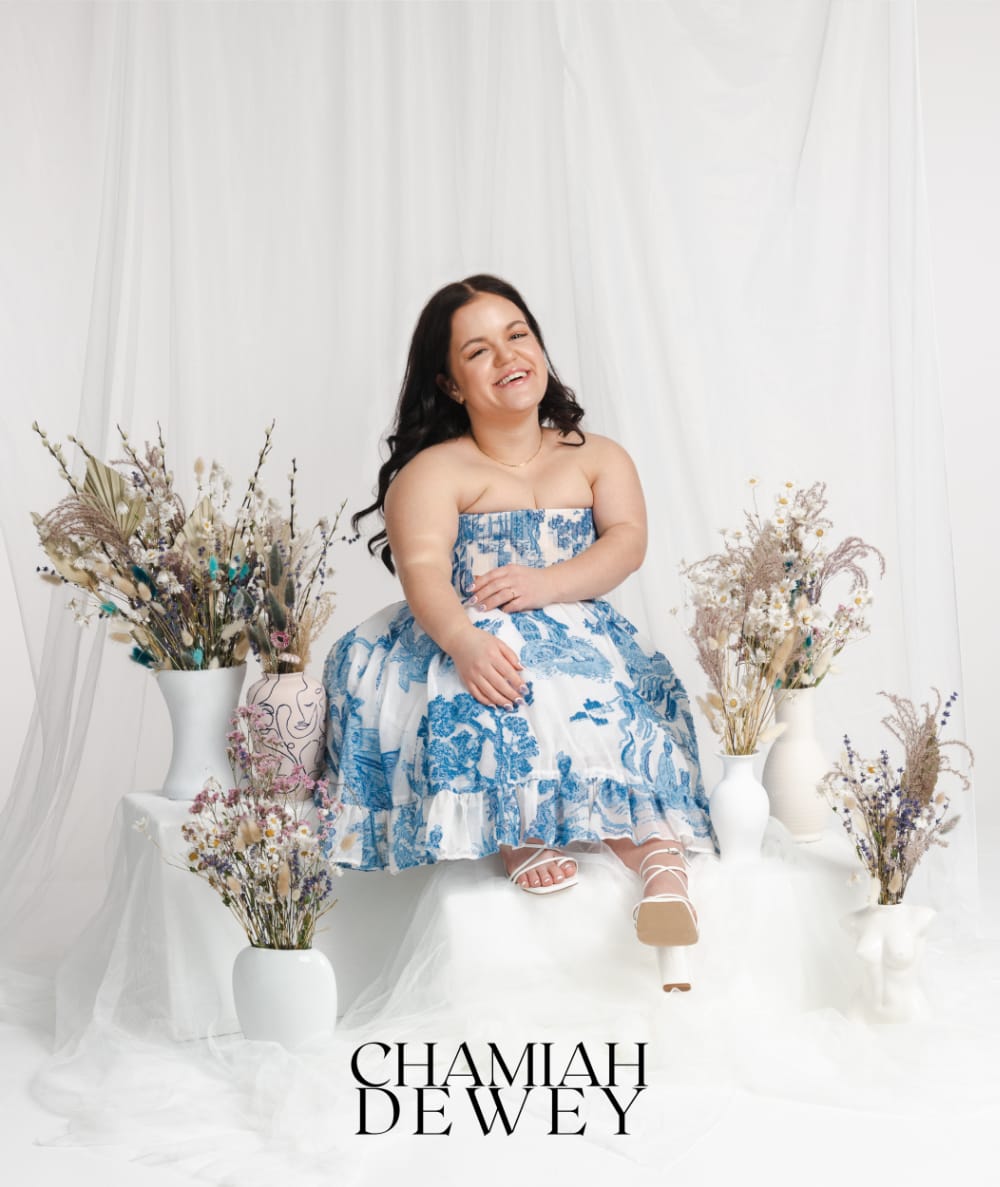
LCF Enterprise Challenge finalists in conversation with Chamiah Dewey
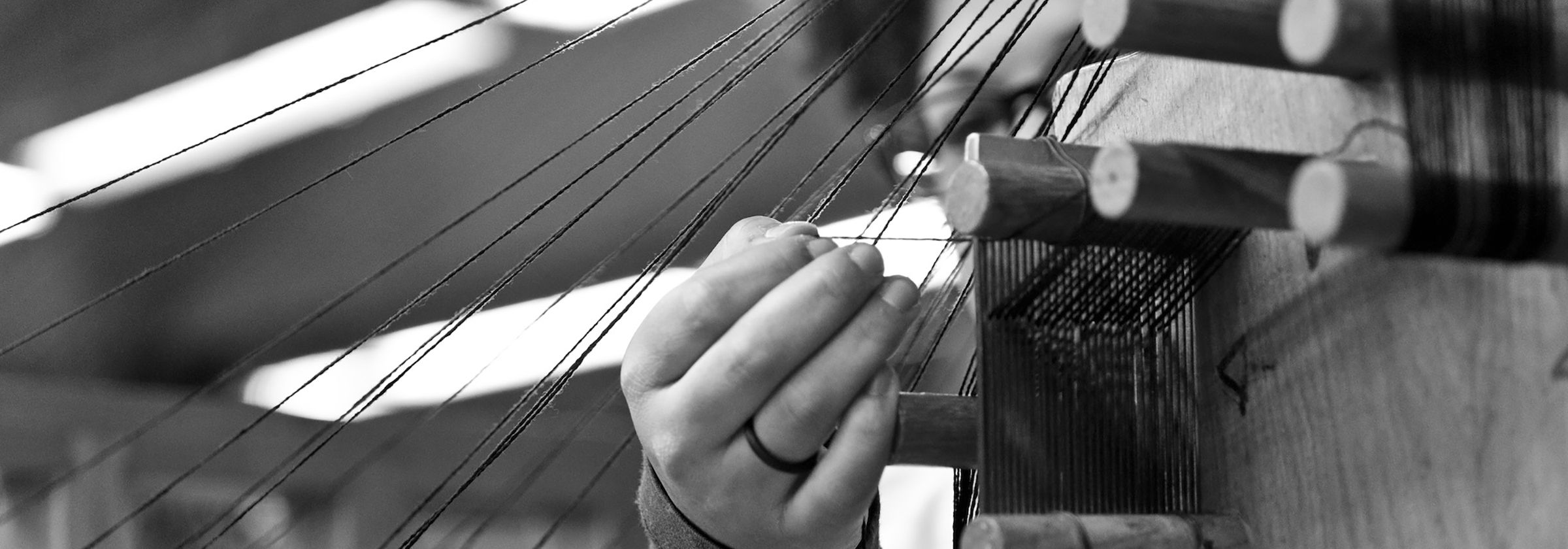
- Written byLondon College of Fashion
- Published date 09 June 2022

London College of Fashion is pleased to announce the 2022 shortlist for the LCF Enterprise Challenge – a platform which showcases the creative talents and entrepreneurial mindsets of current students, supported by Graduate Futures and industry practitioners. The 2022 celebration will be broadcasted live on LCF social media channels by last year’s Enterprise Challenge winner Chamiah Dewey.
The finalists are:
Alice Simpson and Emily Taylor – MA Fashion Design Technology Menswear and MA Fashion Futures
Caitlin Higgs – BA (Hons) Creative Direction for Fashion
Isobel Wiles – BA (Hons) Fashion Design Technology Womenswear
Johana Kasalicka – BA (Hons) Fashion Photography
Neha Mathew – MA Fashion Entrepreneurship and Innovation
Ahead of the live ceremony, we caught up with Chamiah who has interviewed the finalists to learn more about their innovative and disruptive products and services.
CHAMIAH DEWEY FASHION
LCF Enterprise 2021 Winner

Hello! My name is Chamiah Dewey and I am the CEO and founder of Chamiah Dewey Fashion. I studied BA (Hons) Fashion Design and Development at LCF, class of 2022. My area of expertise in the field is adaptive fashion – particularly for short stature people / people with Dwarfism.
Hi Chamiah, how would you describe your brand?
Chamiah Dewey Fashion is the UK’s first clothing brand for people with Dwarfism. We offer eco-conscious, adaptive, and stylish pieces, designed, and produced in the UK. Our three ethos pillars are: sustainability, inclusivity, and community. Not only are we the first to produce such an offering in the UK, but we also value the wants and needs of our community, listening to them every step of the way.
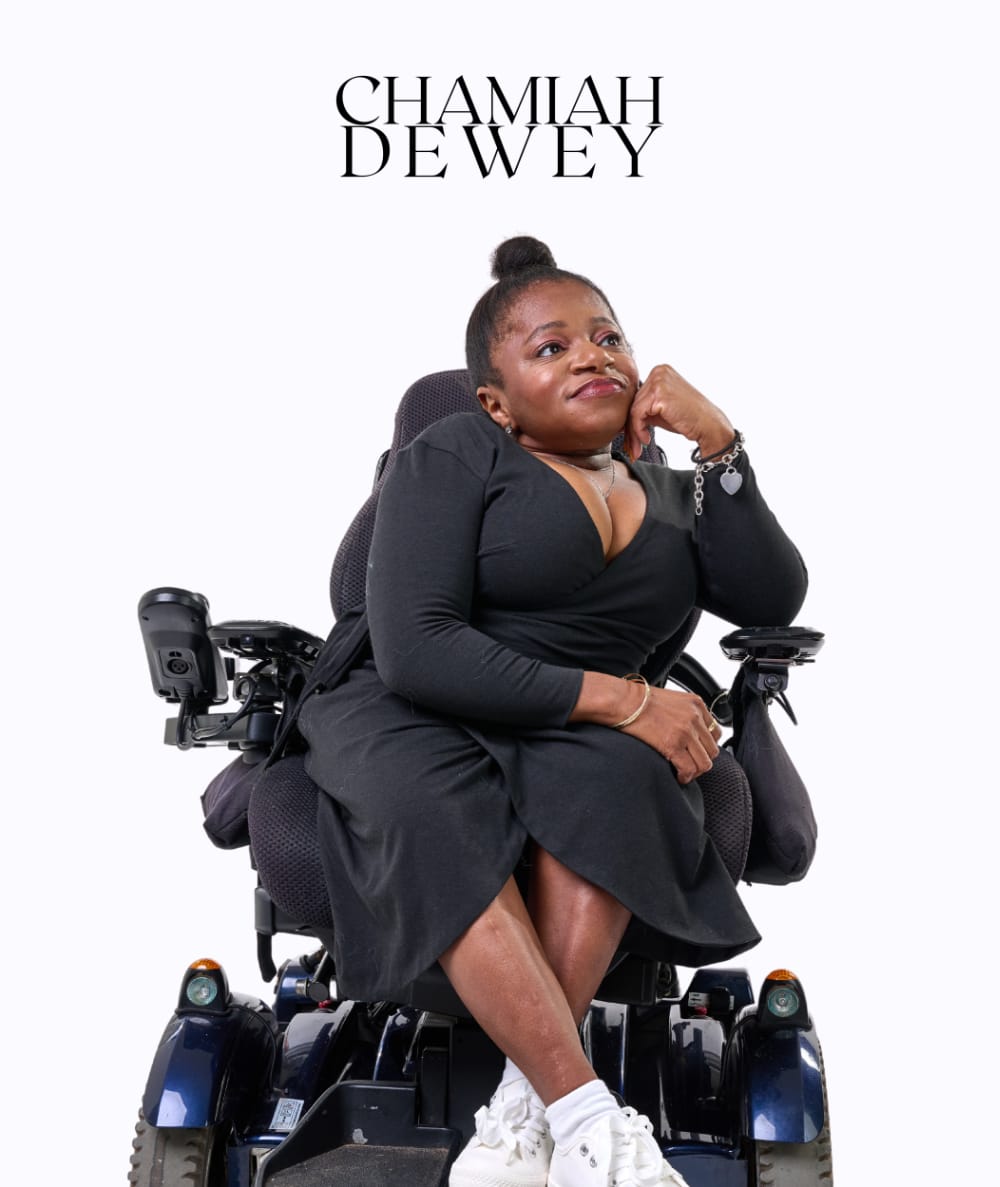
Why is your business idea needed in the industry?
With 2.3% of the global population thought to be of short stature, and with 650,000 of those people having a condition called Dwarfism, and only a handful of small, independent brands who cater to them across the globe; Chamiah Dewey Fashion aims to be the biggest, offering the most and disrupting the industry as we know it. We aim to solidify our place within the short stature community, before venturing into the average-height adaptive market by 2027. The largest minority group and the only one that any of us can become a part of at any stage of our lives, is the disabled community – thought to affect 1 in 5 of us. The adaptive fashion market is estimated to be worth up to $4 Billion dollars by 2026. With this knowledge, we expect to see our brand growing with this trend, fostering a universal design practise, ensuring our products are truly accessible and inclusive to the majority.
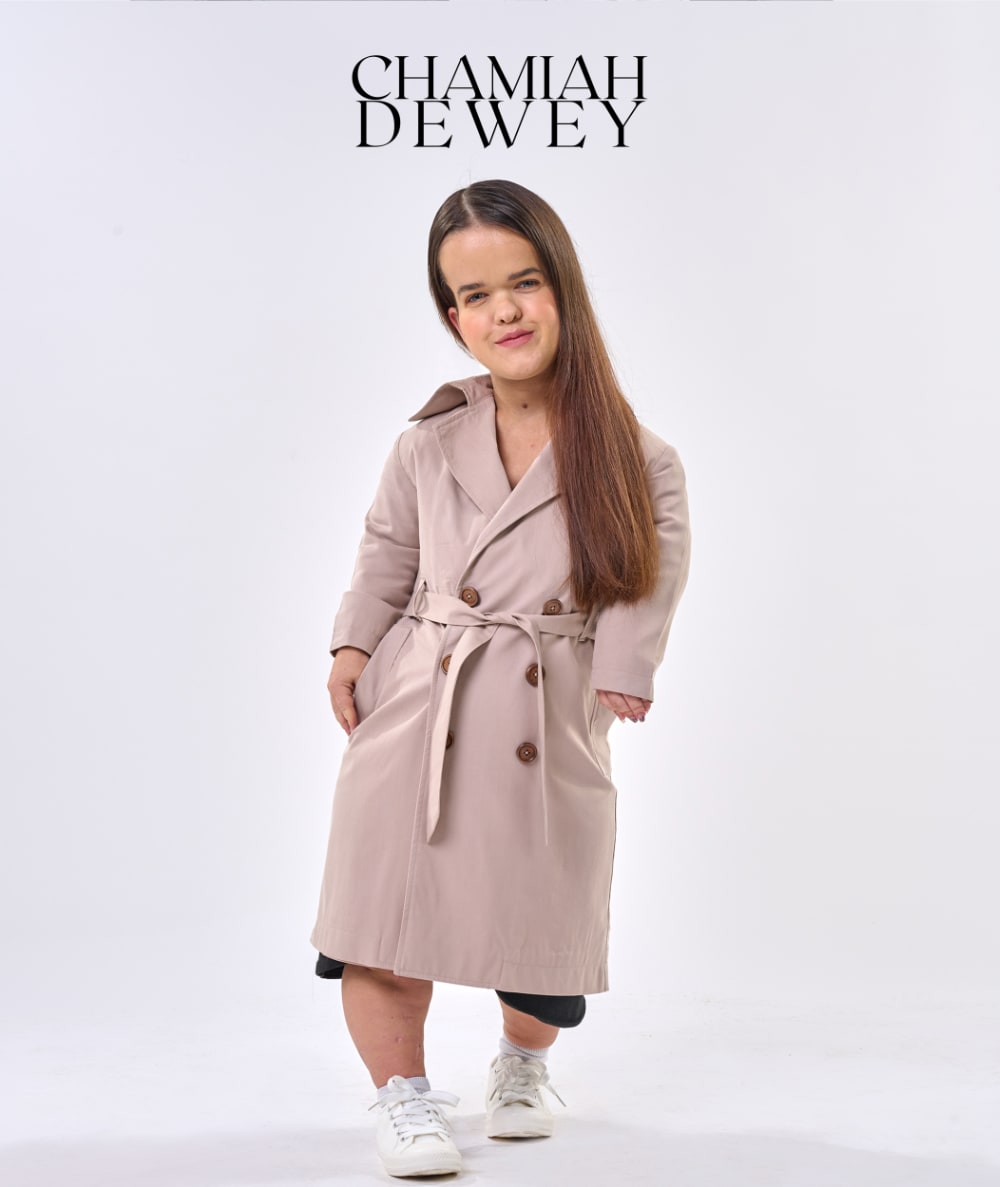
What is your advice for this year’s finalists?
My advice to this year's finalists would be to be confident in themselves! If you’ve got this far, the judges have seen something exceptional in you! For me, confidence is key to success – if you believe in yourself, your idea, and your pitch, that will come across clearly. Remember your WHY, why are you so passionate about your idea? Make sure your passion comes across!
2022 LCF ENTERPRISE CHALLENGE FINALISTS
In conversation with Chamiah Dewey
Please introduce yourself, the course you studied at LCF and your area of expertise.
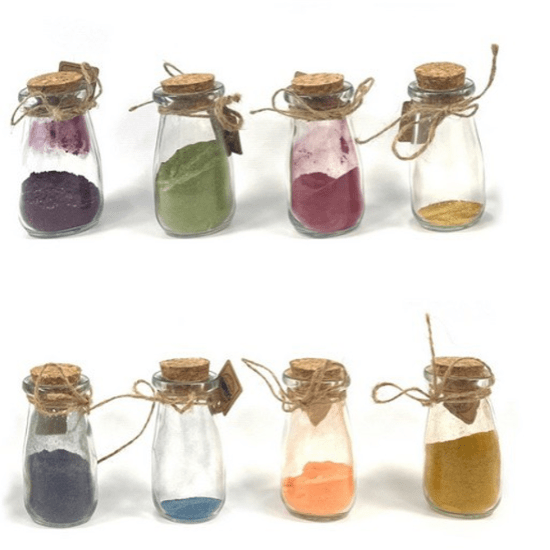
We're Alice and Emily, co-founders of SAGES, and we make natural dyes from food waste. We studied MA Fashion Design Technology Menswear and MA Fashion Futures respectively. Alice specializing in design, textile knowledge and dye production, while Emily is our fashion sustainability expert, with entrepreneurial experience and business management.
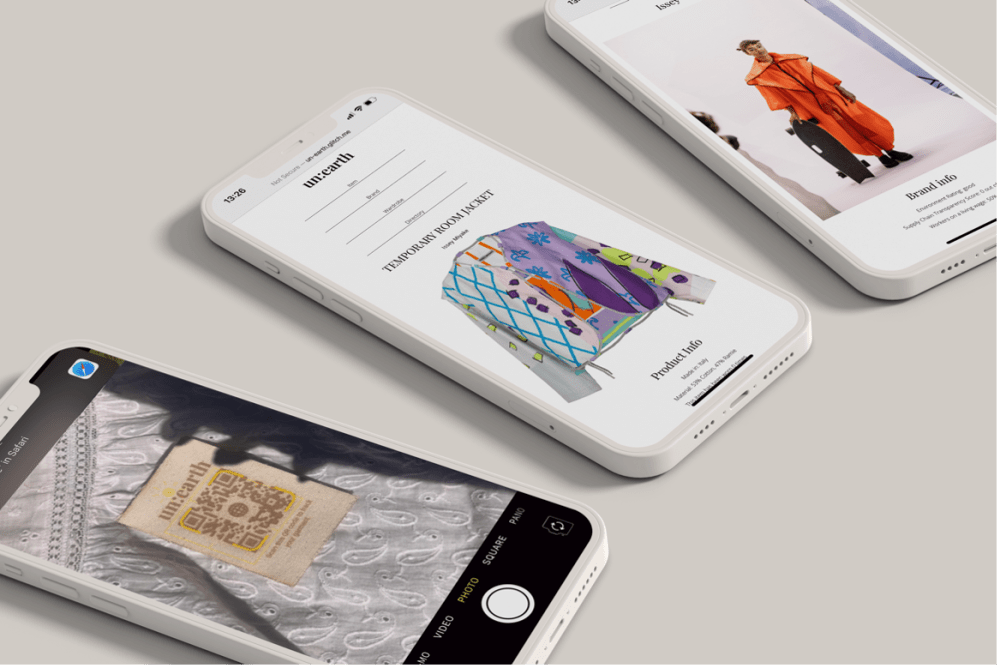
I’m Caitlin, a final year student on BA (Hons) Creative Direction for Fashion at LCF and a UAL CCI alumni. My practice is about designing in an empathetic and audience-focused way, particularly trying to use digital technology to create meaningful experiences and solutions.
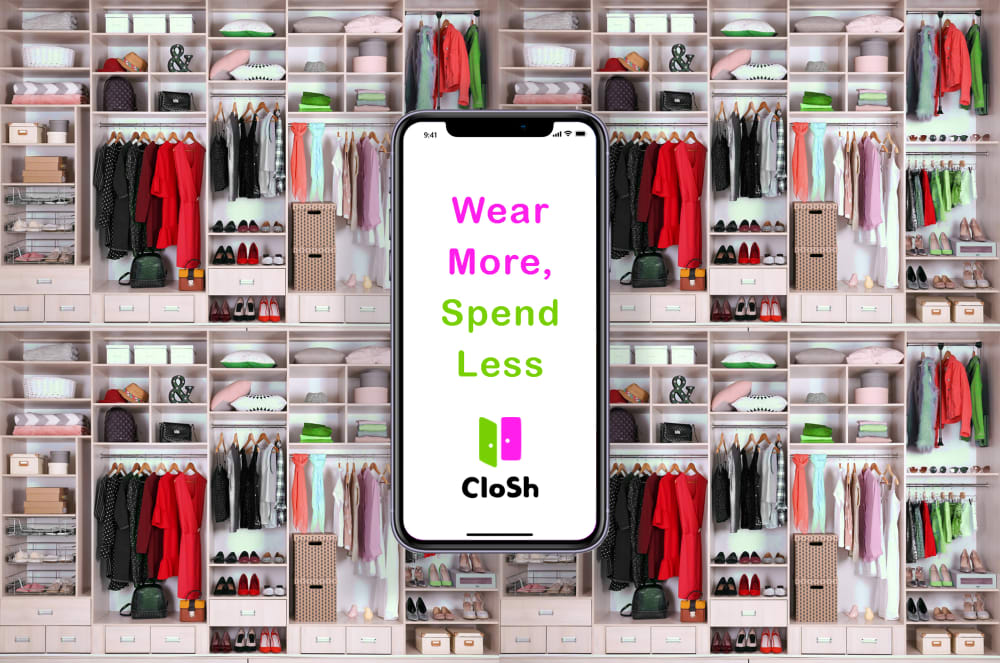
My name is Isobel, and I am the founder of CloSh, a closet-share mobile app that lets people wear more, spend less, and be easily sustainable. I am graduating from LCF’s BA (Hons) Fashion Design Technology Womenswear and am a passionate advocate of sustainable fashion. For my final collection I used CLO3D technology to transform second-hand clothes into fashion pieces that can be adjusted to fit almost any body size and shape, perfect for sharing.
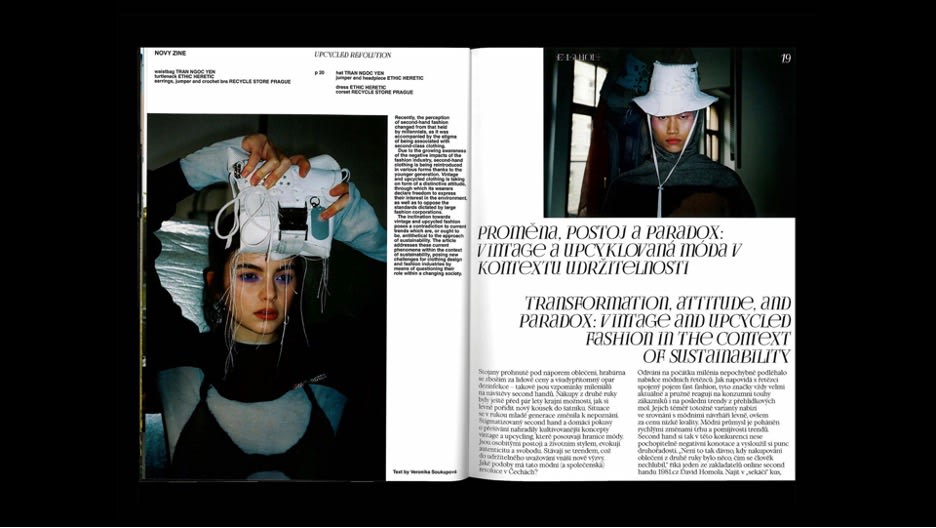
My name is Johana Kasalicka, I am a final year BA (Hons) Fashion Photography student. My expertise is in creative direction, photography, production, and recently also publishing.
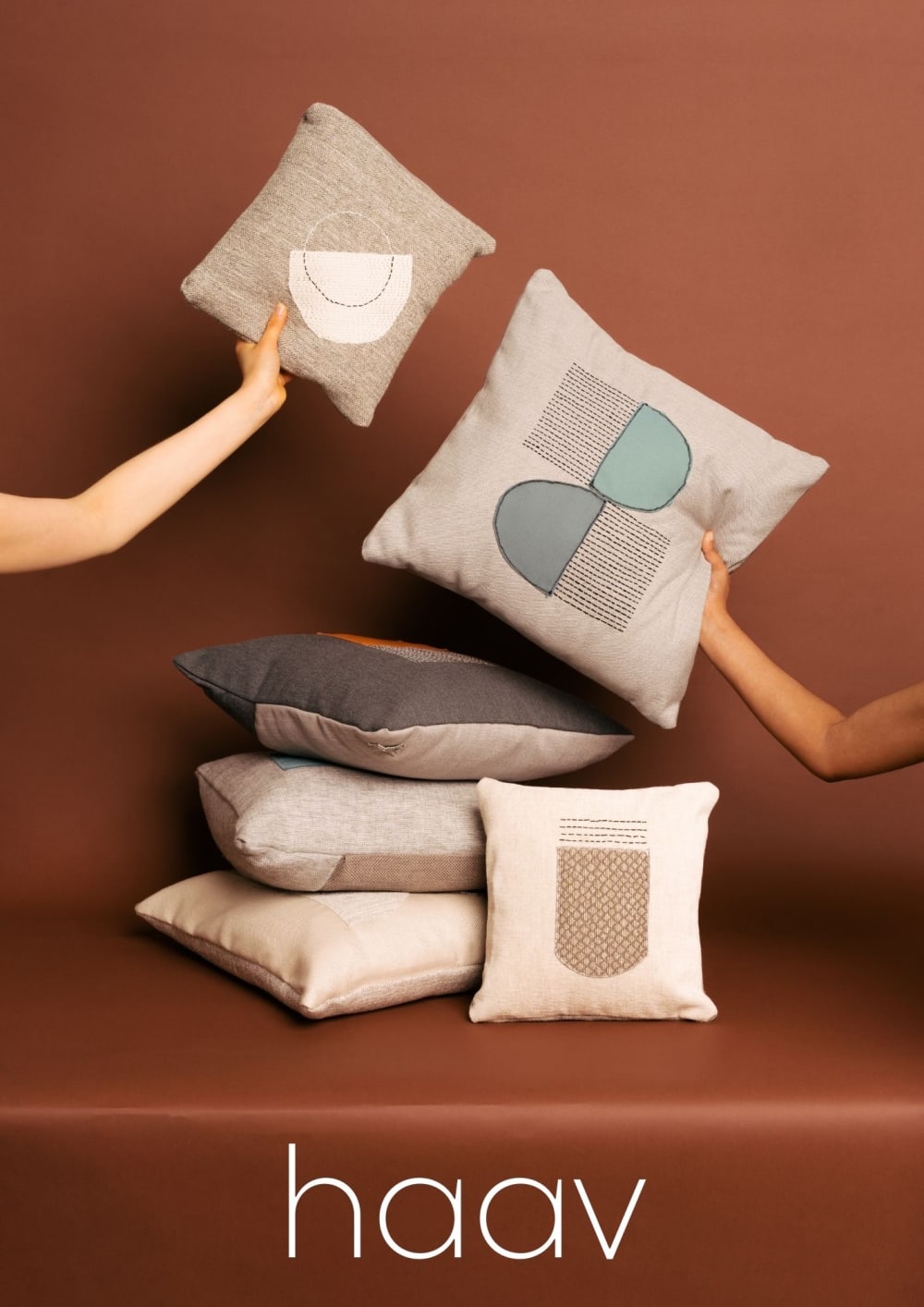
My name is Neha Mathew, and I am the founder of haav. I am currently pursuing MA Fashion Entrepreneurship and Innovation at LCF. I work in the field of circular design, specialising in reusing and upcycling surplus/deadstock materials. My four-year career within the fashion and textiles industry brought me close to the exploitation and unique challenges that South Asian women experience in the world of fast-homeware and fast-fashion, which I am trying to solve with my brand. I enjoy creating environmentally and socially responsible designs.
What is your business idea and what product or service do you offer?
ALICE & EMILY: SAGES produces natural pigments derived solely from food waste produce. These pigments can be used for a variety of applications such as paints, food colouring or printer inks. But we are focused on sustainable textiles dyes to work as a viable alternative to the use of environmentally damaging synthetic dyes.
CAITLIN: Un:earth is a product and service which enables users to trace the lives of their clothes both before and after purchase.
ISOBEL: CloSh is a closet-share social platform that allows people to effortlessly lend, borrow and co-own clothes together. Users can connect with friends, upload their outfits, and then browse each other’s digital wardrobes to find new styles to borrow in real life.
JOHANA: It is a new independent publication called NOVY ZINE focusing on the Czech artistic and cultural scene. It is the first publication of its kind in the Czech market, that is dedicated to the young liberal crowd and gives voices to emerging artists. NOVY ZINE also offers an innovative element, our publication includes an augmented reality experience through which you can see additional digital layers via the screen of your smartphone. The publication is bilingual – written in both Czech and English.
NEHA: haav is a social enterprise that creates unique home decor products in collaboration with unemployed South Asian women by upcycling surplus fabrics.
What motivated you to apply for the Enterprise Challenge this year?
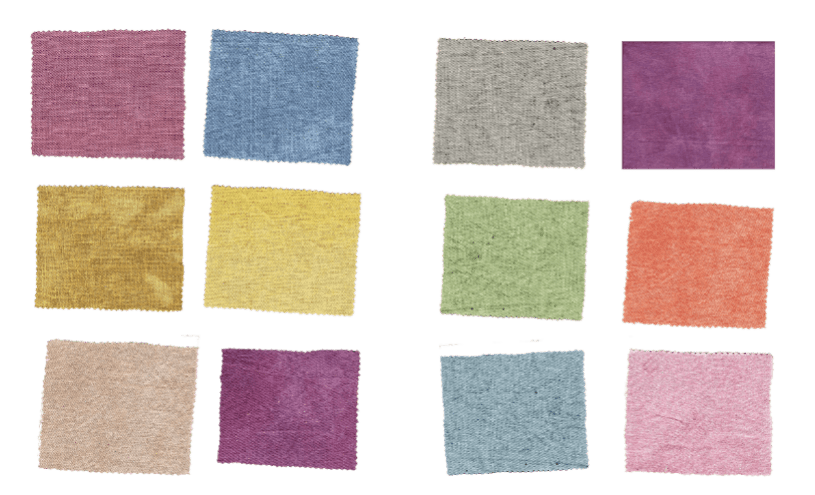
ALICE & EMILY: Synthetic dyes are responsible for 80% of the emissions caused by the fashion industry, they are toxic, carcinogenic and cause lasting damage to the environment. The aquatic life along the rivers in which synthetic dye waste is dumped has been decimated. In addition to that the heavy metals and chemicals used in the manufacture and dying process of synthetic dyes cause heavy ground contamination leaking into food chains, both wild and our own. The use of synthetic dyes is one of the most damaging practices used by the fashion industry. We plan to change that – with the help of the enterprise challenge.
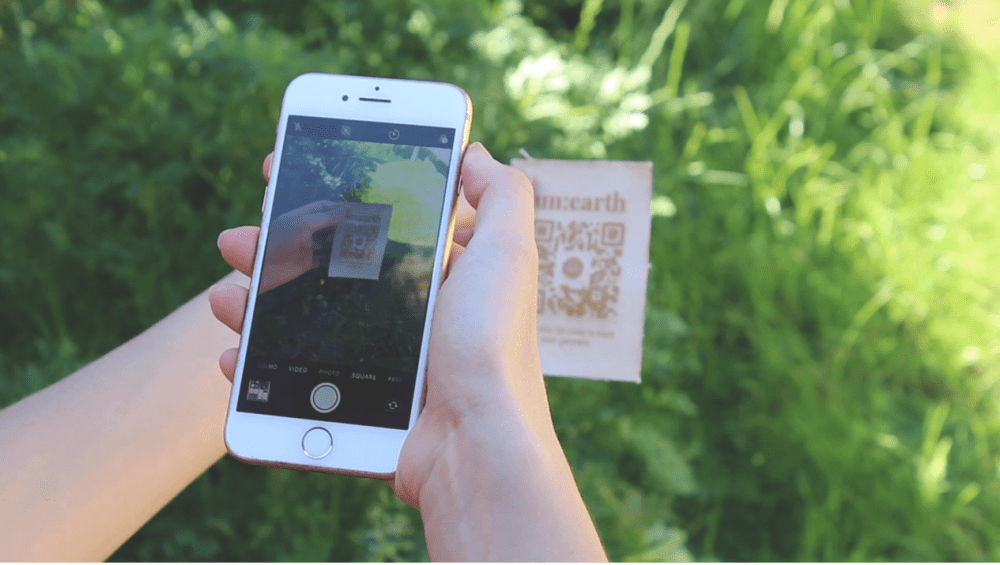
CAITLIN: With 59% of all green claims by European and U.K. fashion brands deemed misleading by the Changing Markets Foundation, there is a distinct lack of clarity for consumers wanting to make environmentally friendly choices when it comes to their clothes. I wanted to help demystify sustainability in fashion, which is what motivated me to apply for the Enterprise Challenge.
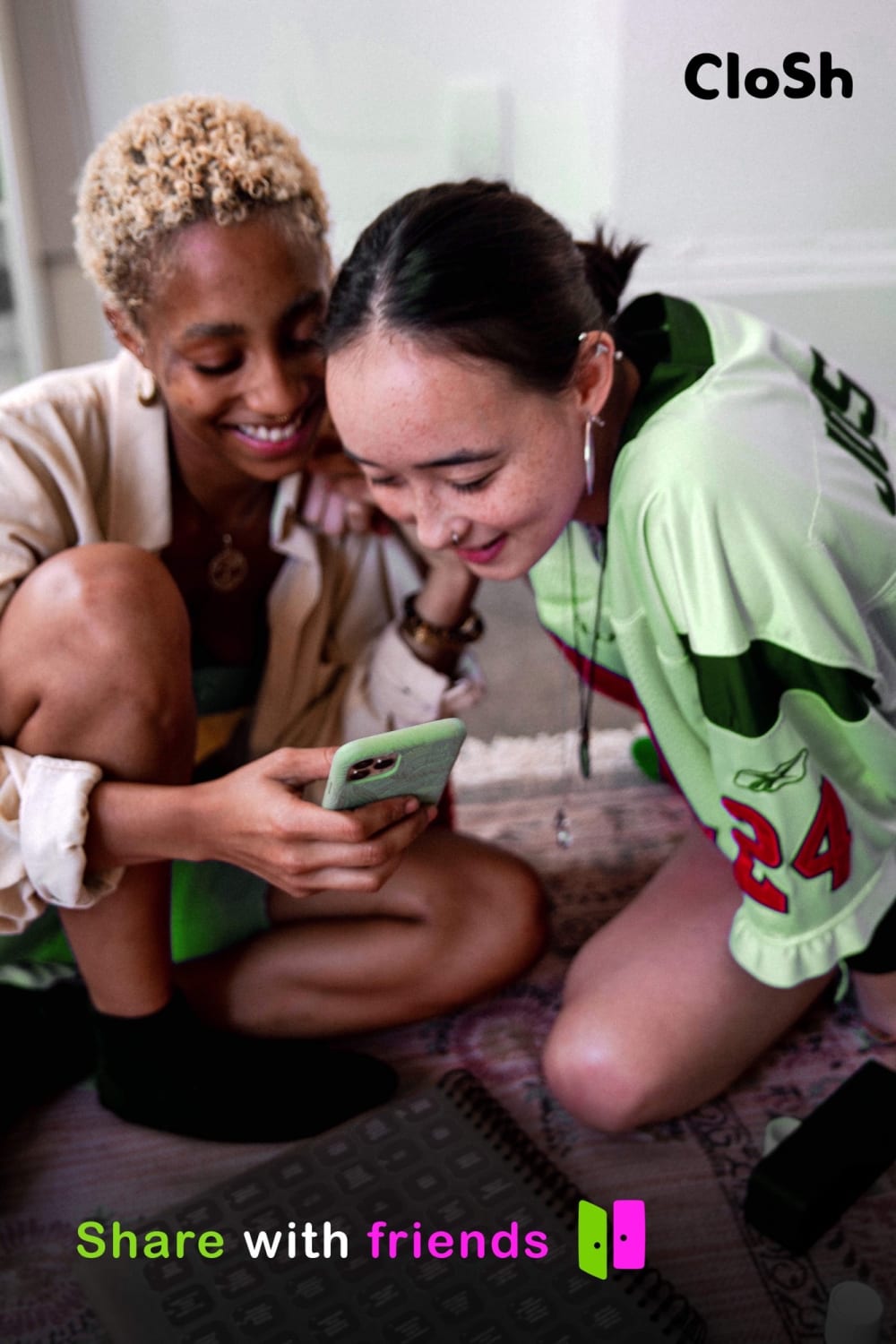
ISOBEL: Most of us have clothes in the back of our closets that we rarely wear, in fact 64% of British 16 to 19-year-olds admit to buying clothes they have never worn. The process of making new clothes causes shocking environmental damage, so the most sustainable thing we can wear is the clothes we or our friends already have. My solution is to build a community of sharing and re-wearing. I applied to the Enterprise Challenge because it will help me reach out and offer lots of people the chance to be part of the CloSh community.
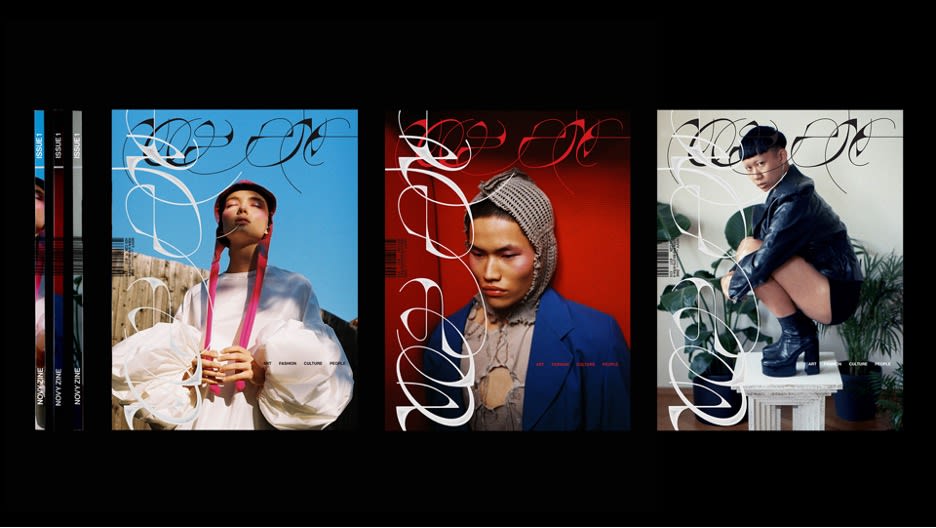
JOHANA: After the big success we had with the first issue of NOVY ZINE, I've been looking for ways to bring the business to the next level. Enterprise Challenge is a great opportunity to compete for money that can be invested in the businesses that can help us to achieve that. Moreover, I think it is also a great opportunity to get some valuable feedback and grow my network.
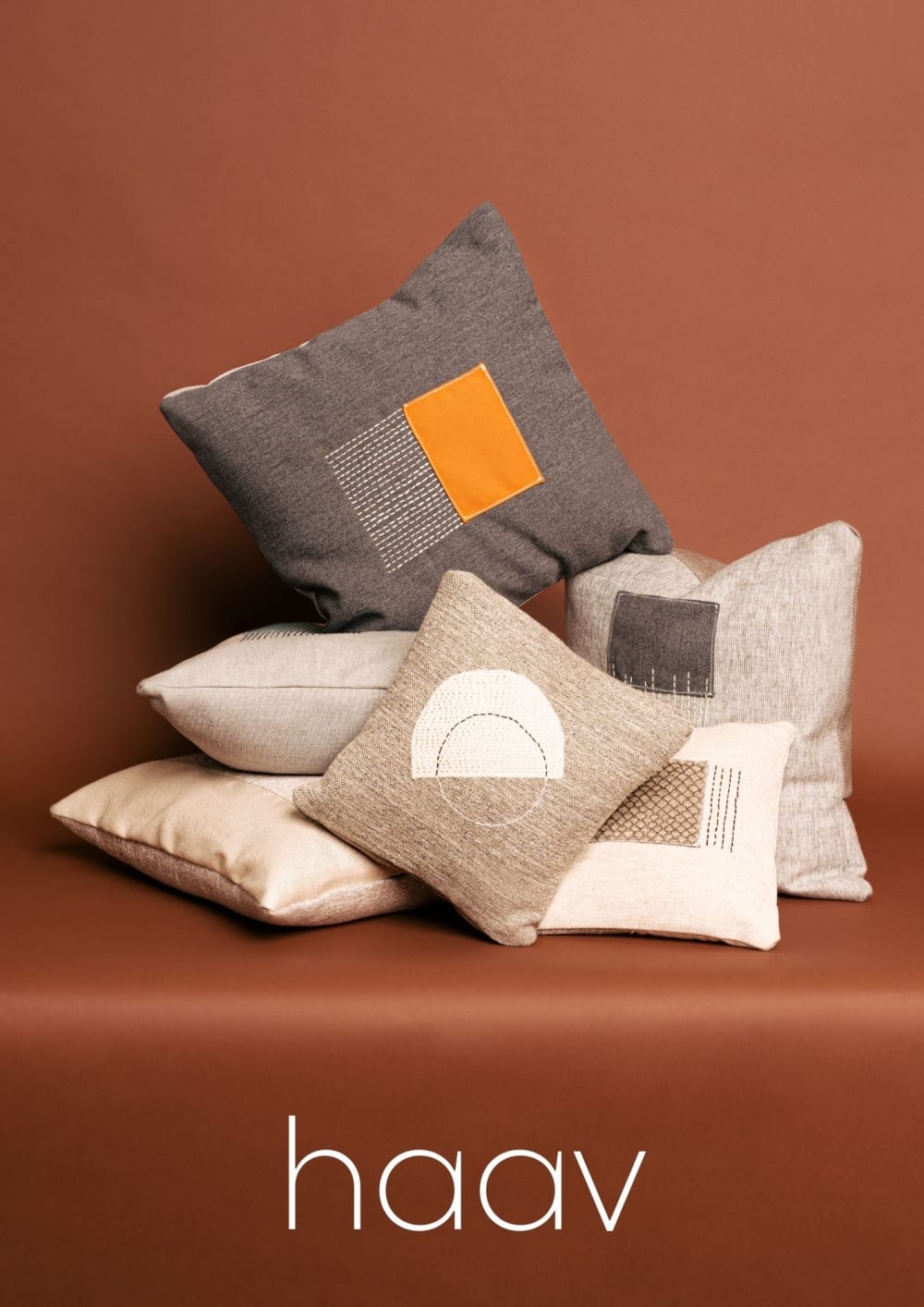
NEHA: According to statistics, London has a higher unemployment rate for South Asian women when compared to women from white ethnic groups, while the UK is the fourth largest textile waste producer in Europe. Through the Enterprise Challenge 2022, haav will be able to raise awareness about the exploitation of women artisans, the necessity of an ethical and transparent supply chain, as well as the need for mindful shopping.
When did you have the idea for your business and what keeps you going when you face challenges and setbacks?
ALICE & EMILY: During the initial development of Alice’s MA project in which she wanted to use recycled fabrics and overdye them using natural dyes, it was discovered that commercially available 100% natural dyes simply didn't exist. This led to a deep dive into the state of the current dyes manufacture in the fashion industry and the damages caused by synthetic dyes. Perseverance and remembering the reasons behind what we are trying to achieve has been really important to helping us overcome hurdles and push through obstacles. Believing that we have the solution to such a huge problem in our business is our biggest motivator.
CAITLIN: I first had the idea when I was studying computing. When I was thinking about creative ways of using data, I realised that access to data can be empowering. This was coupled with a feeling of dissatisfaction of being unable to access transparent information when it comes to understanding garments and brands. I realised that I could create something that would make it easier for people to make sustainable decisions, and that kind of empowerment through information is what motivates me.
ISOBEL: When researching “collaborative consumption” for my dissertation I found out that few people have rented clothing, but most have borrowed or lent clothing before. I realised that renting is not affordable to students, but borrowing is hard to organise and often people forget who has what. I came up with CloSh so that friends can instantly see all their choices and will never lose any shared items again. When I face challenges, I am motivated to keep going because my friends keep asking to be my first customers!
JOHANA: I got the idea two years ago when I spent my Summer in my home country, the Czech Republic, because of the global pandemic. I love niche art and fashion publications – there are so many to choose from in London. I was seeking such publication that would give voice to the liberal youth and progressive artists on the local scene in Czechia, but there was none! The main problem is that the Czech Republic is full of commercial magazines, however, none of these publications represent the young generation who often challenge the social norms and stereotypes. I felt like – well if there isn’t any, why don’t I start one? I wanted to present an alternative platform that would allow the young generation to share their opinions and values, no matter what their background, race, ethnicity, gender, or sexual orientation is. I think what keeps me going through any challenges is simply believing in the project and its purpose.
NEHA: haav was founded after several life-changing trips to artisan communities in India. While living and working with an artisan community in India, I found out they were underpaid and exploited by international brands, realising that my future lies with these problems.
At the end of my collaboration, one of the artisans asked me the following question, “when will you come back to save us?” This question has been the driving force for me whenever I face challenges and setbacks.
Where do you see yourself and your enterprise in the next 5-10 years?
ALICE & EMILY: In 5-10 years we plan to be well into the commercialisation and manufacture of our dyes, selling to vertically integrated mills and fashion brands across the UK and Europe and hopefully looking to only expand. Research and development is an important part of our business and we don’t plan on stopping. Continuing development of our dyes will be incredibly important and we hope to see a pivot down the line where we focus on sustainable innovation across the board within the fashion industry.
CAITLIN: I’d like to think that in the next 5 to 10 years, un:earth would be an influencer of consumer choice and a driver of the resale market. I can envision collaborations with forward-facing brands and with reselling platforms such as Depop.
ISOBEL: CloSh lets users know the number of times they have worn each piece of clothing; in future the app will give people lots more information on the sustainability of their clothes, which will make it simple for everyone to improve their wardrobe. I also see the app providing users with the option to add a sale price for the items that it identifies haven’t been worn in ages. With each friend a user connects to the size of their closet will multiply, and I envision CloSh as a one-day global sharing community.
JOHANA: With independent print publications it is always tricky – talking to most of the editors of such publications, it is rather a passion thing than a money maker. However, I really hope that we can turn our enterprise into a sustainable business and find a way around how to finance it, support our community, and still be able to create meaningful content. I see NOVY ZINE as a platform exploring various spaces; both physical, in form of magazine and exhibitions, but also the digital worlds: functioning in the world of Web 2.0, and entering metaverse.
NEHA: haav's short-term goal is to expand into other interior home decor categories by establishing a second production unit in India and training over 100 women artisans to help them earn fair wages to support their families. haav's vision is to create a social entrepreneur ecosystem in which ethical sustainable enterprises that share the same values and mission as haav can co-produce and establish meaningful long-term networks for everyone.
Also, through my journey as a social entrepreneur, I plan to conduct workshops for customers and educate young designers.
If you could spread one message to the future of designers going into the industry, what would it be?
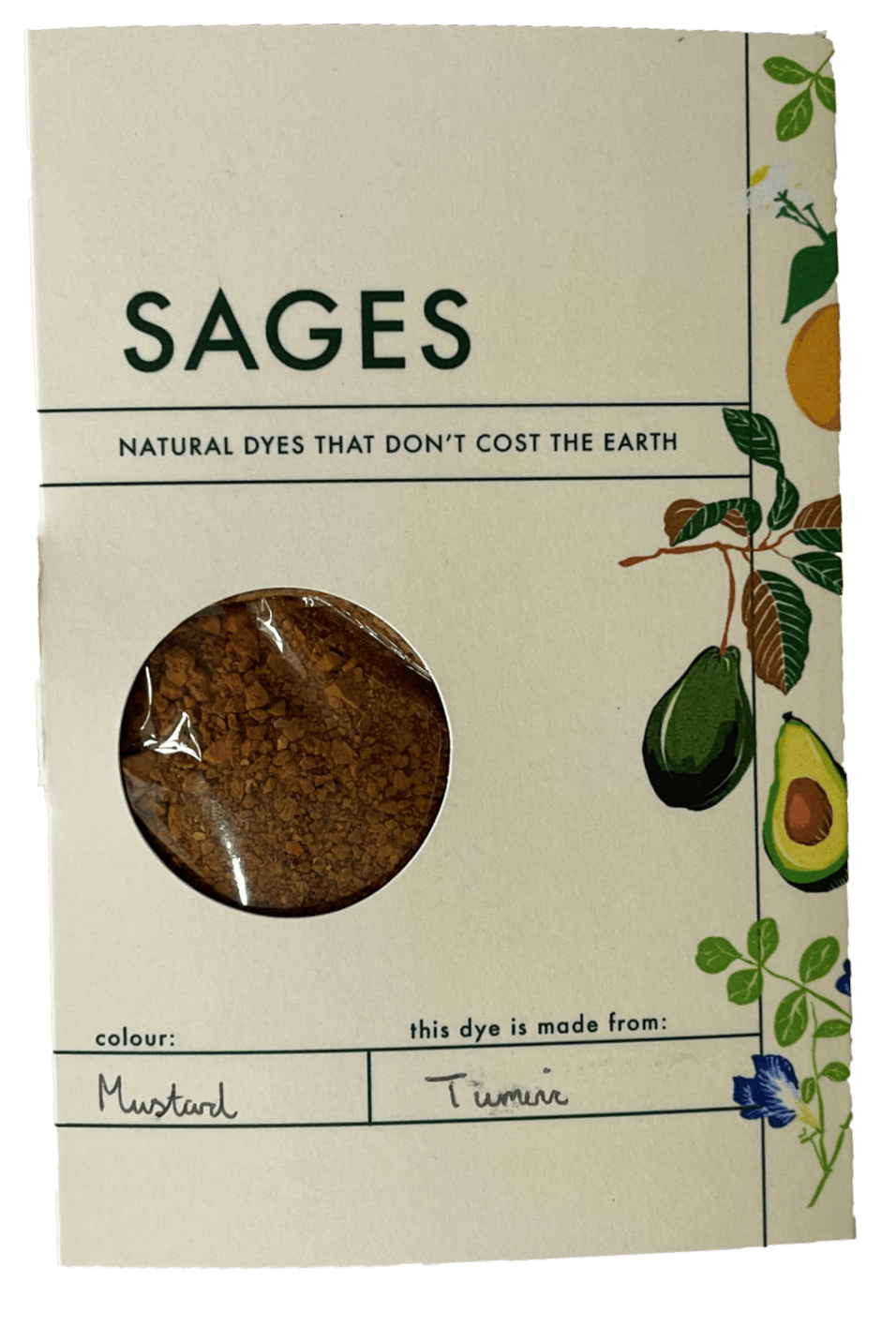
ALICE & EMILY: Fashion is what we are all passionate about, however at the moment it is inherently unsustainable. It's part of our job to change that so we can continue doing what we are passionate about.
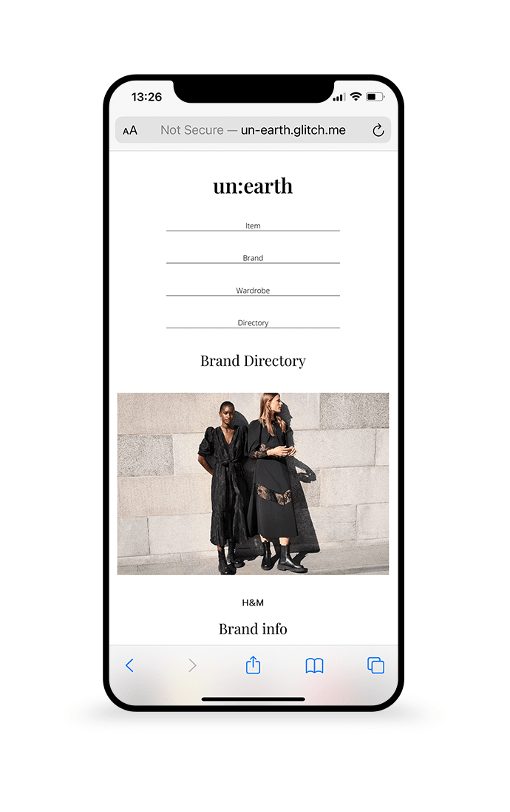
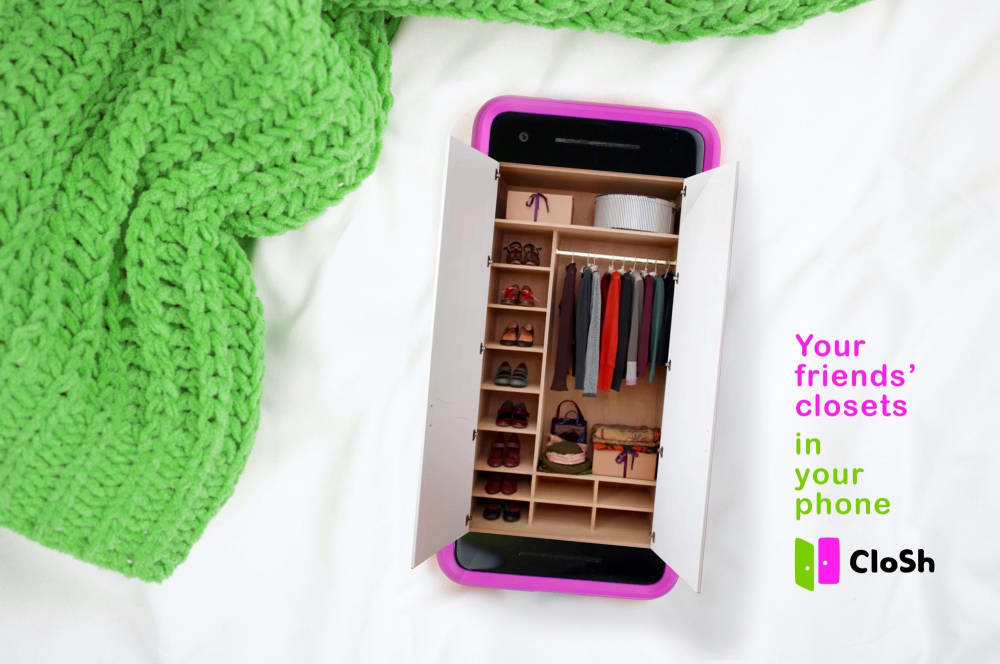
ISOBEL: At university every mannequin but one was a size 12 and we were asked to make clothes that size; I used the one plus sized mannequin and made size-adjustable garments instead. In projects we are encouraged to sew as many samples as possible, yet I sought out how to render samples digitally to save fabric resources. My final collection brief was to design outfits; I designed an app as well.
This led me to the amazing opportunity I have now with the Enterprise Challenge, to share CloSh and help people wear more, spend less, and be easily sustainable.
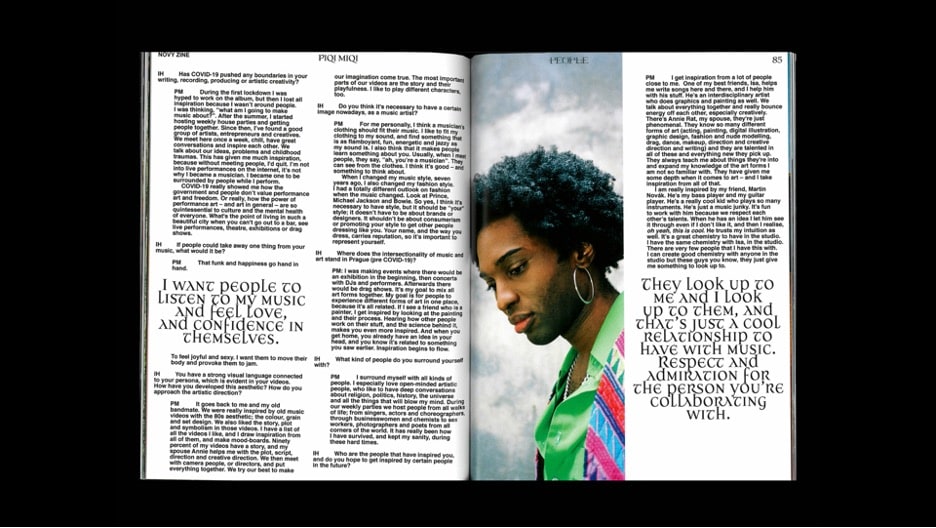
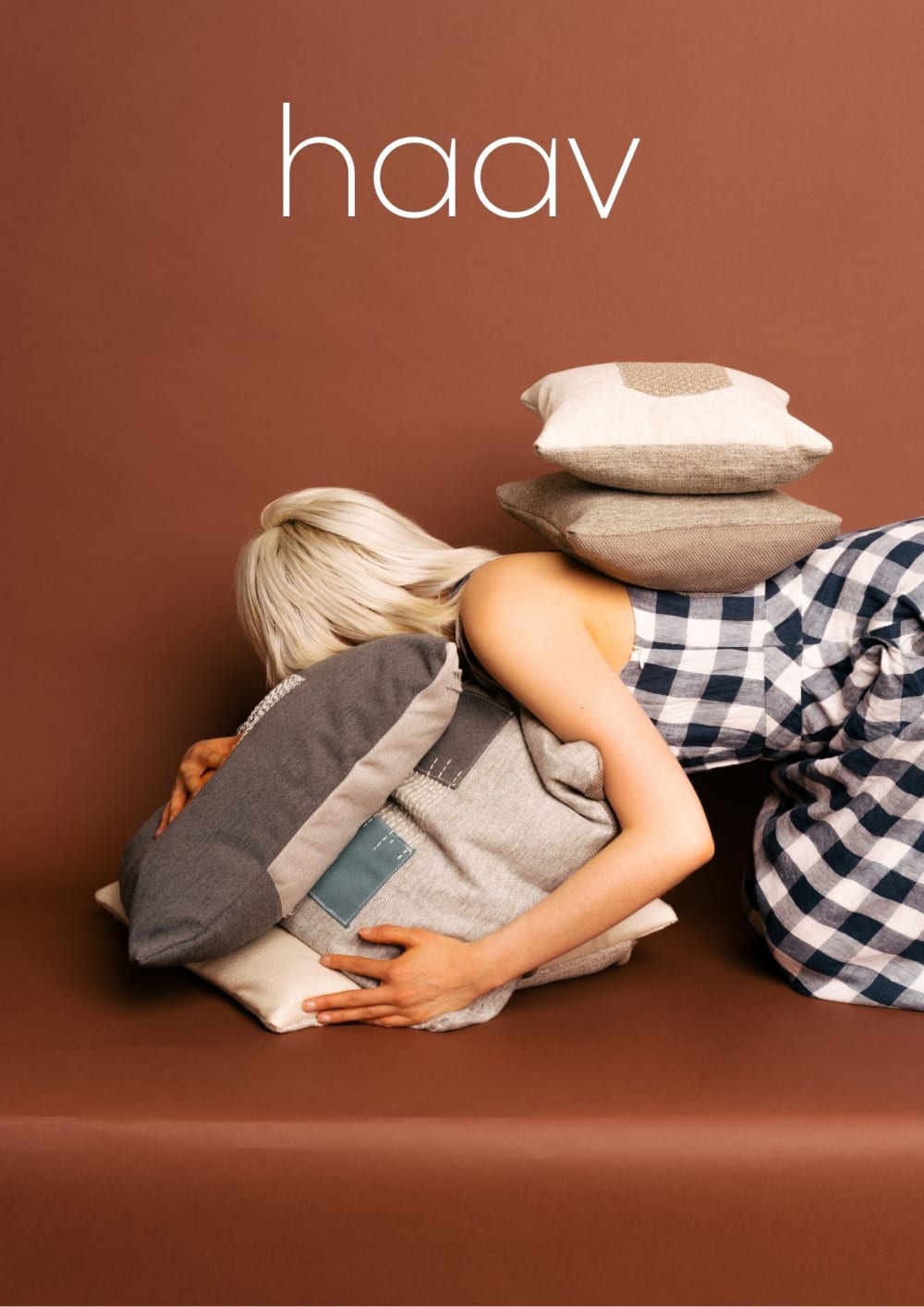
- What’s on at LCF: open days and events